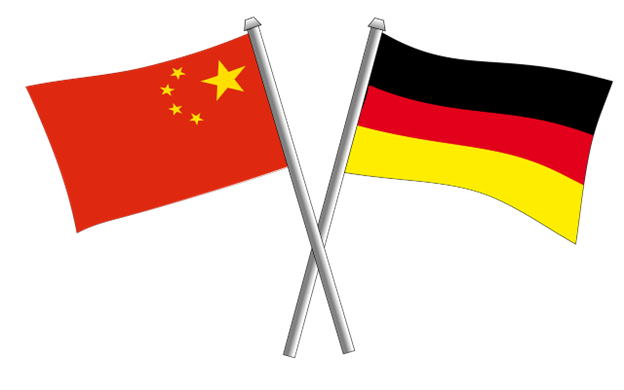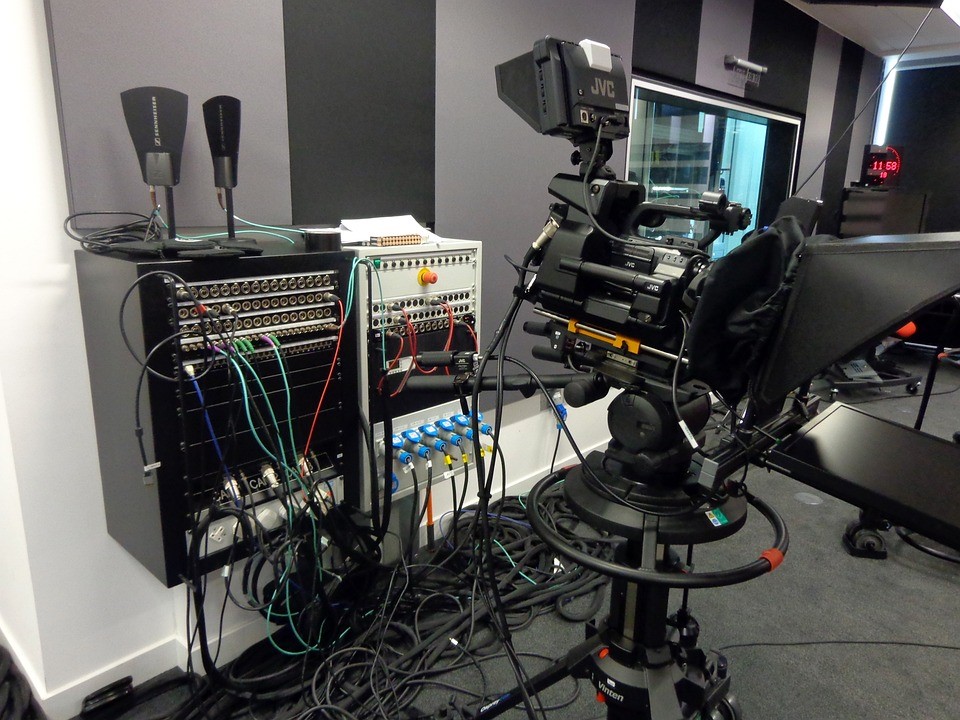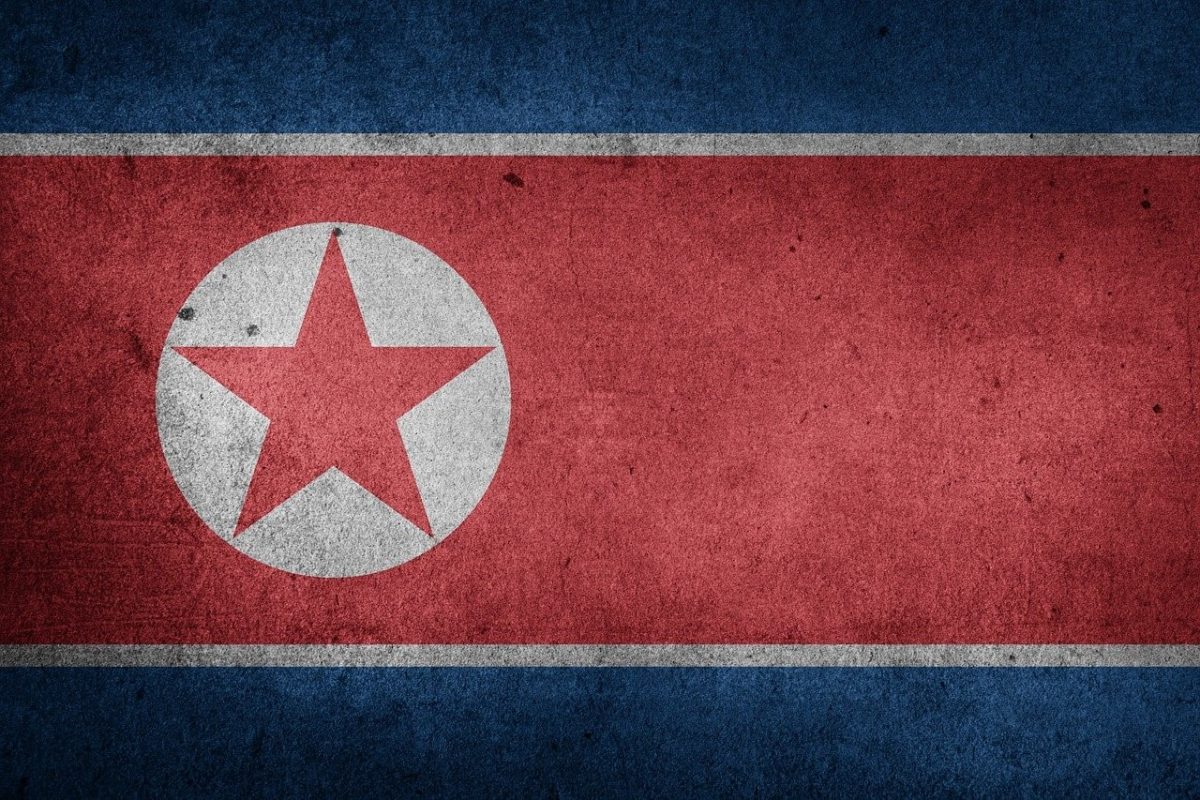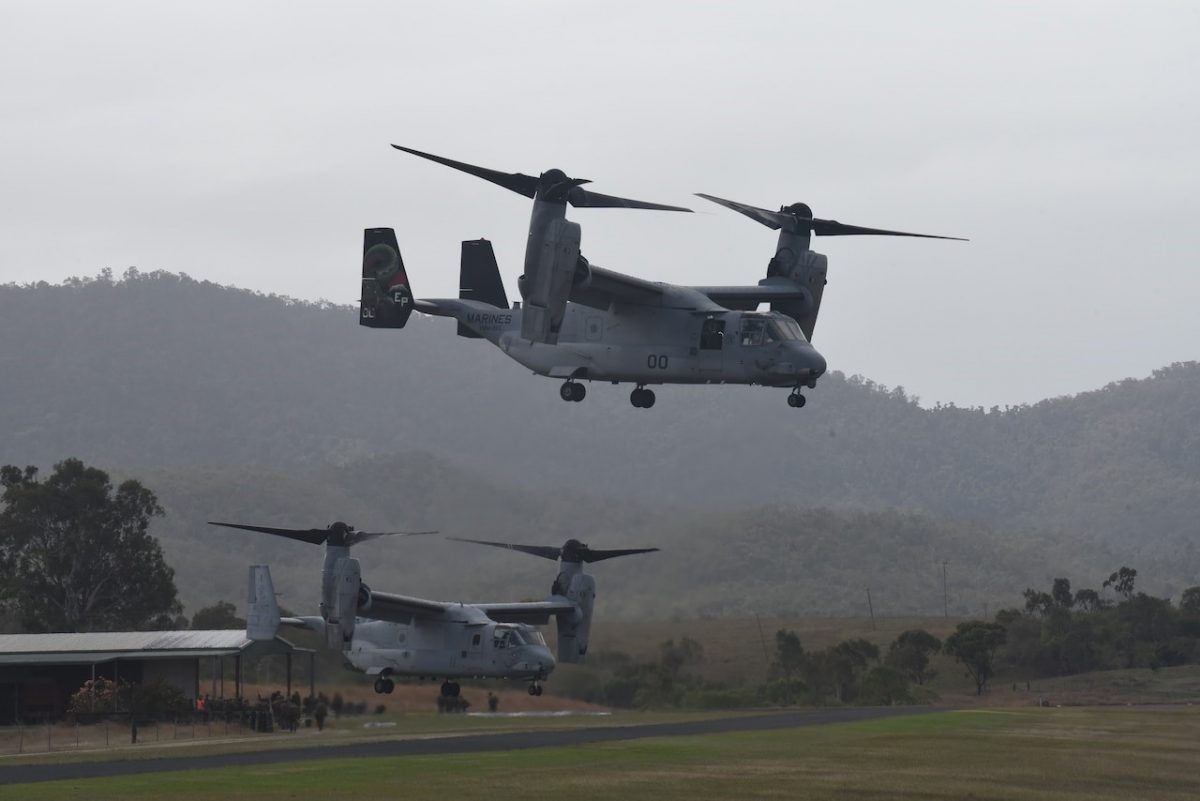When I was a Criminal Court Judge, I accepted many plea agreements – sometimes, more than 50 in a day. Many were routine – most did not involve jail sentences. Most Defendants were required to pay a fine, perform community service, enter into a treatment program, or sometimes, just avoid rearrest for anywhere from six months to a year.
In all cases, my job was to ascertain whether the Defendant was pleading guilty voluntarily, of their own free will, and whether they understood the terms of their plea agreement, and the obligations they were assuming under those terms. I would explain the rights the Defendant was giving up by pleading guilty, including the right to a trial, the right to confront the witnesses against them, and the right to testify or present witnesses in their own behalf, should they choose to do so.
90 percent of the time, the Defendant exhibited the requisite understanding and freely expressed their agreement. But then, there were the other 10 percent…
Sometimes, the Defendant could not admit their guilt to the crime, no matter how attractive the terms of their plea agreement. Other times, the Defendant wanted to continue the plea negotiations, or insisted on a trial. There was even the occasional Defendant who was incompetent to enter a plea – usually from drug or alcohol use before their appearance in court.
But of that 10 percent, there were at least one percent of cases where I refused to accept a plea. In most of those cases, I was not convinced that the Defendant really accepted their guilt, or that they were capable of fulfilling the terms of their plea (for instance, how was an unemployed felon going to pay restitution of thousands of dollars to the victim? Steal from another victim?)
It was extraordinarily rare for me to refuse to accept a plea agreement because I believed the prosecutor was being too lenient with a Defendant. In fact, more often than not, I sent the parties back to the negotiating table because I believed the District Attorney was being too hard.
Thus, it was with extreme interest that I watched the plea agreement in the Hunter Biden federal tax fraud case fall apart like a cheap suit in a rainstorm. What happened?
In December of 2020, after Joe Biden was elected President, his son Hunter revealed that he was under investigation by the Justice Department. That investigation is purported to have begun in 2018, but the Biden’s claim they were not made aware of the investigation until after the election. “It isn’t clear which entities or business dealings might be tied up in the probe, though the person with knowledge of the matter said at least some of focus was on (Hunter’s) past work in China,” according to the Associated Press in 2020. “Hunter Biden has a history of international affairs and business dealings in a number of countries. Trump and his allies have accused him of profiting off his political connections, and have also raised unsubstantiated charges of corruption related to his work in Ukraine at the time his father was vice president and leading the Obama administration’s dealings with the Eastern European nation.”
Though, as stated, the Justice Department investigation is reported to have begun in 2018, in 2019, Hunter Biden dropped off his laptop for repairs at a shop in Delaware. When he never paid for the repairs, or picked it up from the shop, the owner turned the laptop over to the FBI, keeping a copy of the contents. Those contents became news in October of 2019, when the New York Post exposed a series of emails that detailed Hunter’s “history of international affairs and business dealings in a number of countries,” and provided details that substantiated “charges of corruption related to his work in Ukraine at the time his father was vice president.”
Since the Biden’s primary residence is Delaware, the US Attorney for that state, David Weiss, conducted the investigation into Hunter Biden. Though Hunter is the son of the President of the United States, and many of his alleged illegal activities involve his father, Weiss claims to have never sought appointment as a Special Counsel. If he had, Weiss could have extended his probe of Hunter’s business dealings into other jurisdictions, and could have potentially conducted an investigation of the President himself.
In June of this year, after almost five years of investigation, the US Attorney offered Hunter a plea deal – “plead guilty to two charges of misdemeanor tax evasion and enter a pretrial diversion agreement on a firearm possession charge.” So far, we haven’t discussed the gun charge – but understanding the nature of this allegation is crucial to understanding why the plea deal fell apart.
As detailed by Politico, “(i)n 2018, the wife of Hunter Biden’s late brother Beau allegedly found Hunter’s .38-caliber Colt revolver in his truck, disposed of it in a trash receptacle behind a Delaware grocery store and later returned to retrieve it, only to find it missing, according to a police report…a man who regularly rummaged in the trash returned the weapon to authorities a few days later…evidence…emerged as the investigation into the gun incident progressed: (Hunter had) responded ‘no’ to a question on the background-check questionnaire that asks, ‘Are you an unlawful user of, or addicted to, marijuana or any depressant, stimulant, narcotic drug, or any other controlled substance?’ Five years earlier, he had been discharged from the Navy Reserve after testing positive for cocaine.”
As the plea agreement was described by Politico, Hunter “will plead guilty to the two misdemeanors covering his failure to pay his federal taxes from 2017 and 2018, but will not be required to plead guilty to the gun charge. Instead, the charge will remain pending while he proceeds through the diversion program. If he complies with the terms of that program, prosecutors will drop the charge.”
The outcry against the plea agreement was immediate. “Republicans have spotlighted the long-running criminal investigation into Hunter as evidence of a two-tiered justice system that treated Democrats differently — particularly in light of the federal indictment of former President Donald Trump,” according to Roll Call. “House Oversight Chairman James Comer, R-Ky., in a statement Tuesday called the charges ‘a slap on the wrist.’ As part of an investigation, Comer has claimed that members of the Biden family have engaged in influence peddling and received payments from companies based in foreign countries.”
The common belief that Hunter was getting a “sweetheart deal,” and “special treatment” was bolstered by the revelations made by IRS Investigator Gary Shapley, who detailed that “IRS investigators recommended charging Hunter Biden with attempted tax evasion and other felonies,” instead of the two misdemeanors he agreed to plead guilty to. The recommendation called for Hunter Biden to be charged with tax evasion and filing a false tax return – both felonies – for 2014, 2018 and 2019. The IRS also recommended that prosecutors charge him with failing to pay taxes on time, a misdemeanor, for 2015, 2016, 2017, 2018 and 2019.”
The explosive part of Shapley’s statement was his allegation regarding political interference in the Justice Department investigation, which led to the reduced charges. “I am alleging, with evidence, that DOJ provided preferential treatment, slow-walked the investigation, did nothing to avoid obvious conflicts of interest in this investigation,” Shapley stated.
Shapley’s allegations were bolstered by another IRS whistleblower, Joseph Ziegler, who testified before Congress that “If you have a felony charge, if you have the evidence for the felony, and you also have the evidence for the misdemeanor, it’s departmental policy that you have to charge the felony. The reason for that is an equitable treatment of taxpayers.” He also “told CNN host Michael Smerconish he came forward because the IRS did not ‘follow the normal process to do things’ in the case. Ziegler, who has previously said he identifies as a Democrat, said his testimony was not a ‘Democrat or Republican problem…(t)his is, ‘Is justice blind?’ We are bringing evidence forward that justice is not blind. That people are given preferential treatment, and that we need to change from that. That we need to learn from that so that this doesn’t happen again in the future.”
Given this background, is it any wonder that many felt the Hunter Biden plea agreement was a prime example of favoritism being shown to the son of a US President? But in another prime example, this time of blind justice, U.S. District Judge Maryellen Noreika refused to accept Hunter’s plea agreement on July 26.
According to Politico, “(t)here were two agreements between the U.S. Attorney’s Office in Delaware and Hunter Biden. The first was an actual Plea Agreement, pursuant to which Biden was supposed to plead guilty to two misdemeanor tax charges. The second was an unusual “Diversion Agreement” between prosecutors and Biden, pursuant to which Biden is supposed to enter a pretrial diversion program for drug users in order to resolve a potential felony charge — with no guilty plea required — that he had knowingly possessed a firearm while being an unlawful user of a controlled substance.”
“The judge’s principal concerns appeared to be twofold. First, she questioned the scope of a provision under which the government agreed not to prosecute Biden ‘for any federal crimes’ encompassed by the statement of facts attached to the documents, which principally concerned Biden’s overseas consulting work…Noreika asked in particular whether Biden could still be charged under the Foreign Agents Registration Act. It was there that things went very awry – with a prosecutor saying that it was still possible under the terms of the deal, and one of Biden’s lawyers strenuously objecting, apparently on the theory that the deal was designed to resolve any and all potential charges related to the consulting work that gave rise to the tax charges.”
“Second, the judge took issue with the fact that the immunity provision was not in the Plea Agreement. Instead the provision was in the Diversion Agreement, which, as structured by prosecutors and Biden’s lawyers, did not appear to require her sign-off.”
These are not minor issues. As explained by former US Attorney for the Northern District of Alabama, Joyce Vance, “Hunter Biden’s team seemed to believe once he pled guilty, there would be no further prosecution coming out of the Delaware U.S. Attorney’s investigation…(t)he government’s view seemed to be that its investigation was ongoing, and it wouldn’t make that commitment. That’s unusual. There’s little incentive for a defendant to plead to ‘some’ charges knowing an investigation is ongoing and others could be coming.”
Further, “Vance argued the judge expressed concern about the agreement linking Hunter’s tax issues with the firearms charge, which would see the charges against him over the latter dismissed ‘as though they were never filed.’ She wrote: ‘It was the Judge who balked here, expressing concern that the role assigned to her went beyond her constitutional role. Under the Constitution, decisions about whom to indict and on what charges are reserved to the executive branch and put into the hands of the Justice Department.”
“Judges don’t make those decisions.,” Vance said. “The Judge was concerned that, because the agreement gave her the authority to oversee decisions about when a breach of the agreement occurred and charges could be brought to trial, that the parties were forcing her out of her constitutional lane…(u)ltimately, the judge determined that the way in which the parties structured their two, interlocking agreements — the plea agreement and the diversion agreement — required her to play a role in the latter’s enforcement without giving her a say over its approval.”
Judge Noreika gave the Delaware federal prosecutors and Hunter’s legal team 30 days to try and come up with an agreement she could accept, But a lot can happen in those 30 days, including the continuing Congressional investigation into the connection between Hunter’s “overseas business activities” and his father.
Stay tuned – this story is far from reaching its conclusion.
Judge John Wilson (ret.) served on the bench in NYC
Photo: Public Domain Pictures.net






